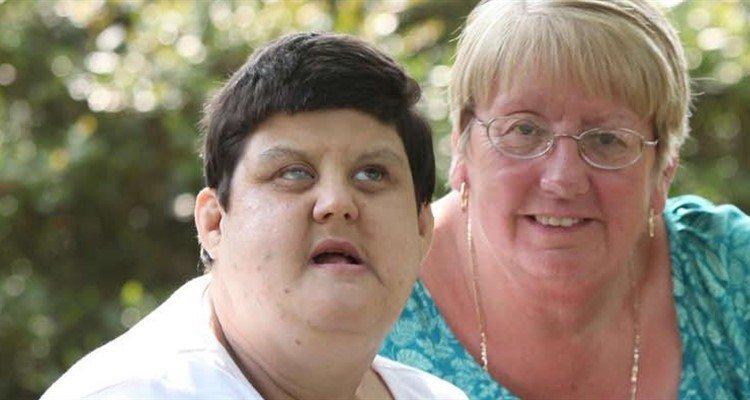
Donna's blog - Keeping a lookout for glaucoma
This week (9th-15th March) is World Glaucoma Week.
Glaucoma is the name given to a group of eye conditions that cause permanent sight loss by damaging your optic nerve. SeeAbility’s easy read information about glaucoma and factsheet on using eye drops correctly can help support someone with a learning disability who has the condition. Eye drops are one way to prevent someone’s glaucoma getting worse, although sadly there is no treatment that can restore someone’s sight once lost.
Glaucoma is sometimes called ‘the silent thief of sight’. This is because most types of glaucoma have no symptoms and it can be difficult for someone with glaucoma to notice any early changes in eyesight.
Added to this, it can be much harder for someone with a learning disability to say they have a sight problem. Because of its severity, that could mean someone with a learning disability has lost most of their sight before they complain of a problem or anyone spots something is wrong. People with learning disabilities have a much greater risk of having sight problems (not just from glaucoma) and this is why it's so important to help them have regular eye tests and spot any signs of problems, as Sally’s story shows.
Sally's story
Sally is in her 30's and has a rare genetic condition called 18P syndrome. Some years ago Sally started rubbing her eyes and described an ‘itch’ on her head - her way of saying she had a headache. The GP prescribed drops for hayfever and looked into whether Sally had a thyroid or scalp problem. Then one Christmas, Sally’s brother handed her a sweet and mum Maureen noticed she missed it. She thought there may be a problem with Sally’s vision and arranged for Sally to have an eye test at home. The optometrist found Sally had extremely high pressures in both eyes due to glaucoma and recommended Maureen take Sally to A&E immediately. Despite successful surgery to drain fluid from Sally’s eyes and Maureen helping Sally with eye drops as crucial treatment in the months after the operation, she had already lost most of her vision. Sally can now only see light and dark.
Maureen (pictured at the top of the page with Sally) says:
We feel guilty about Sally’s eye condition and we wish we’d noticed it earlier. I hadn’t been told that Sally’s type of learning disability might come with an increased risk of developing glaucoma, something we now know.
There are times when Sally gets down and realises what she has lost, but we are a loving and supportive family and we do our best to pick her up. The day centre has also been marvellous adapting for Sally’s needs. I was so determined something positive should come out of our experience that I started taking part in training events and local vision strategy meetings to call for better awareness and eye care services for people with learning disabilities.
At SeeAbility we are working with Maureen to help raise that awareness and improve eye care nationally for people like Sally. If you support someone with a learning disability, why not use our easy read information if someone is due their eye test?

